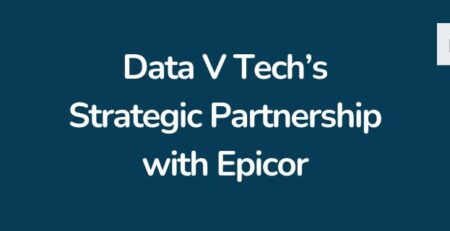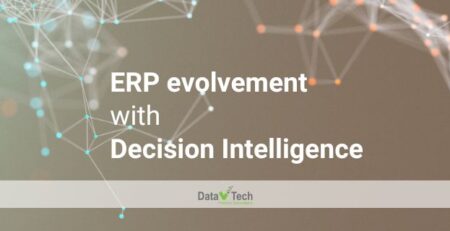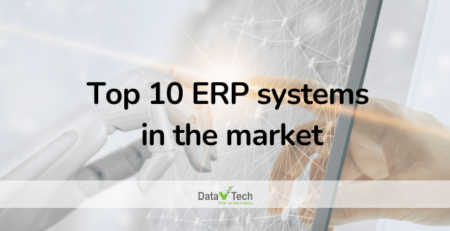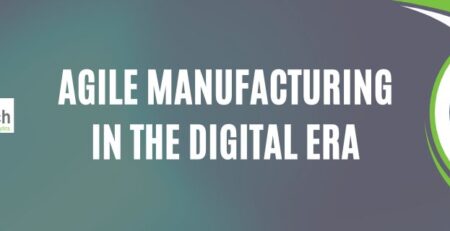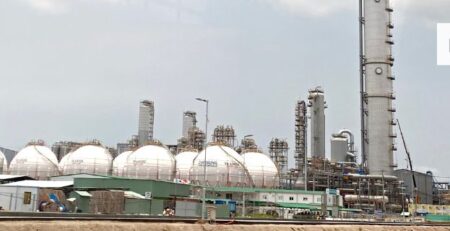From Inventory Control to Modern Business Management
The Enterprise Resource Planning (ERP) system has evolved significantly since its inception in the 1960s. Initially designed for inventory control and management, ERP systems have become integral to all aspects of business management. Let’s explore the remarkable journey of ERP systems over the years, tracing their evolution from early beginnings to the present.
Mainframe ERP Systems
Powering manufacturing organizations in their early days, ERP systems primarily served large manufacturing organizations. These mainframe-based systems efficiently managed material flow within the organization, addressing inventory control, production scheduling, and financial management.
Client-Server ERP Systems
Embracing the PC era with the advent of personal computers, ERP systems shifted away from mainframe architecture. Client-server models became prevalent, expanding the functionality of ERP systems to encompass human resources, supply chain management, customer relationship management, and more. This marked a significant step toward comprehensive business management solutions.
Web-Based ERP Systems
Enabling collaboration and accessibility in the late 1990s, ERP systems transitioned to web-based platforms, facilitating seamless collaboration among departments and organizations. Web-based ERP systems allowed for easier integration with other technologies, including mobile devices, enabling access to critical business information anytime, anywhere.
Cloud-Based ERP Systems
Unleashing affordability, scalability, and security, the latest evolution in ERP technology – cloud-based systems – has revolutionized the industry. Hosted on remote servers, these ERP systems offer accessibility from any internet-connected device, eliminating the need for costly hardware and software installations. Cloud-based ERP systems provide affordability, scalability, simplified upgrades, enhanced security, and reliable data backup.
Mobile ERP Systems
Empowering on-the-go productivity with the proliferation of mobile devices, mobile ERP systems have emerged to facilitate access to ERP data from anywhere. Mobile connectivity lets employees stay productive while moving or working remotely, ensuring seamless business operations and decision-making.
Integration with artificial intelligence (AI) and machine learning (ML)
Unlocking data insights and automation, ERP systems are integrated with AI and ML technologies to enhance data analysis and decision-making processes and automate specific tasks. This integration empowers businesses to extract valuable insights from their ERP data and streamline operations for improved efficiency and productivity.
IoT Integration
Real-time monitoring and asset tracking ERP systems are embracing the Internet of Things (IoT) technology, enabling real-time monitoring of equipment and production processes. IoT integration within ERP systems also facilitates accurate tracking of inventory and assets, enhancing operational efficiency and supply chain management.
Customization and Modular Design
Tailoring ERP to specific business needs as ERP systems have become more feature-rich, customization has gained prominence. Many ERP solutions now offer a high degree of customization, allowing businesses to tailor the system to their unique requirements. The modular design further enhances flexibility by providing options to add or remove various modules.
Increased Focus on User Experience
Intuitive interfaces for seamless operations to improve user experience, modern ERP systems feature intuitive interfaces, mobile apps, and tools that simplify system navigation and usage. These enhancements ensure user-friendly interactions, streamlining business processes and empowering employees.
Greater Focus on Analytics and Reporting
Data-driven decision-making modern ERP systems generate vast amounts of data, which can be leveraged for informed decision-making. ERP solutions now include powerful analytics and reporting tools that enable businesses to analyze real-time data, identify trends, and make data-driven decisions for growth and competitive advantage.
The journey of ERP systems from their origins in inventory control to their current status as the central nervous system of modern businesses has been remarkable. ERP systems have become highly customizable, scalable, and flexible through mainframe, client-server, web-based, and cloud-based architectures. Integrated with mobile, AI, ML, IoT, and user-centric features, ERP systems empower organizations across industries to streamline operations, make informed decisions, and thrive in today’s competitive landscape.
Embrace the power of ERP systems to transform your business management and drive success in the digital age.
About Data V Tech Solutions Company Ltd. (also known as Data V Tech):
Data V Tech, the authorized partner of Epicor Software Corporation in the Asia Pacific, brings 20 years of experience implementing Epicor ERP (current version: Kinetic). With expertise in cloud, on-premise, and hybrid hosting options, they provide manufacturers worldwide with industry-specific expertise, flexibility, and accountability in designing and developing customized ERP systems.



